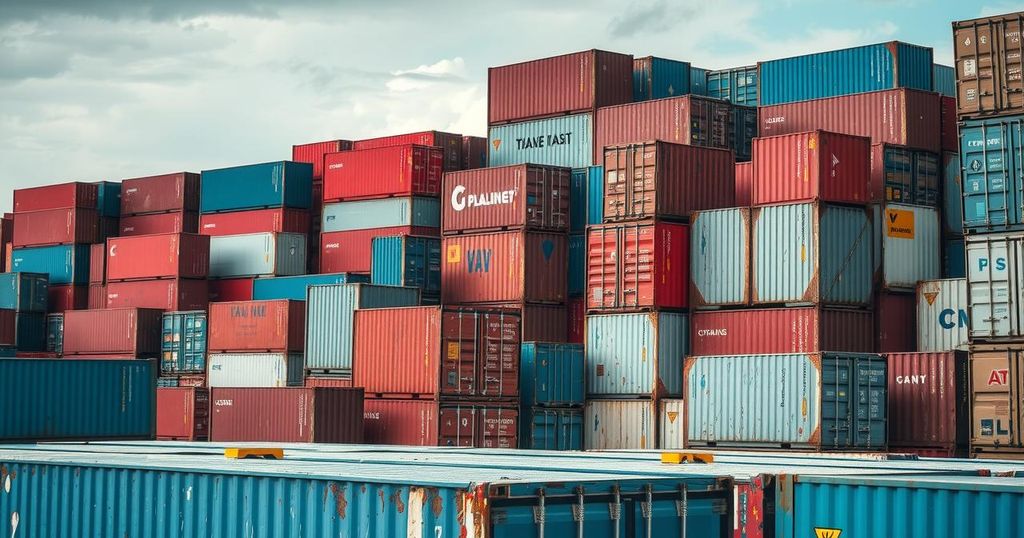Political unrest in Mozambique is causing major disruptions at the Port of Maputo, resulting in significant delays and cancellations of vessel operations. This turmoil is impacting regional trade and investment, exacerbated by a broader crisis due to an Islamist insurgency and the country’s strategic role in global shipping routes.
The ongoing political unrest in Mozambique is severely impacting port operations and investment stability in the region. Following post-election violence that erupted in October, protests have created significant disruptions at the Port of Maputo, jeopardizing crucial trade routes and cargo operations. Grindrod, the operator of the port, has reported substantial delays and cancellations in vessel operations. With the end of the fiscal year approaching, further challenges are anticipated as operational capacity remains compromised. In the broader context, Mozambique’s governance issues threaten to escalate into a regional maritime security crisis, particularly affecting its pivotal position in hydrocarbon shipping routes.
Mozambique has recently emerged as a critical player in the global energy market due to significant natural gas reserves discovered in the last decade. These developments have attracted substantial foreign investment, particularly in the liquefied natural gas (LNG) sector. However, the persistent threats posed by an Islamist insurgency in northern Mozambique have caused considerable disruptions to energy projects and heightened concerns regarding the overall stability of the nation, especially given its strategic geographical location in the Mozambique Channel.
The political upheaval in Mozambique poses a dual threat: it undermines local port operations and threatens to escalate wider maritime security risks in the Indian Ocean region. The implications for trade and investment are profound, as ongoing delays and disruptions at the Port of Maputo could hinder Mozambique’s economic potential and regional trade prosperity, emphasizing the necessity for stabilized governance.
Original Source: maritime-executive.com






